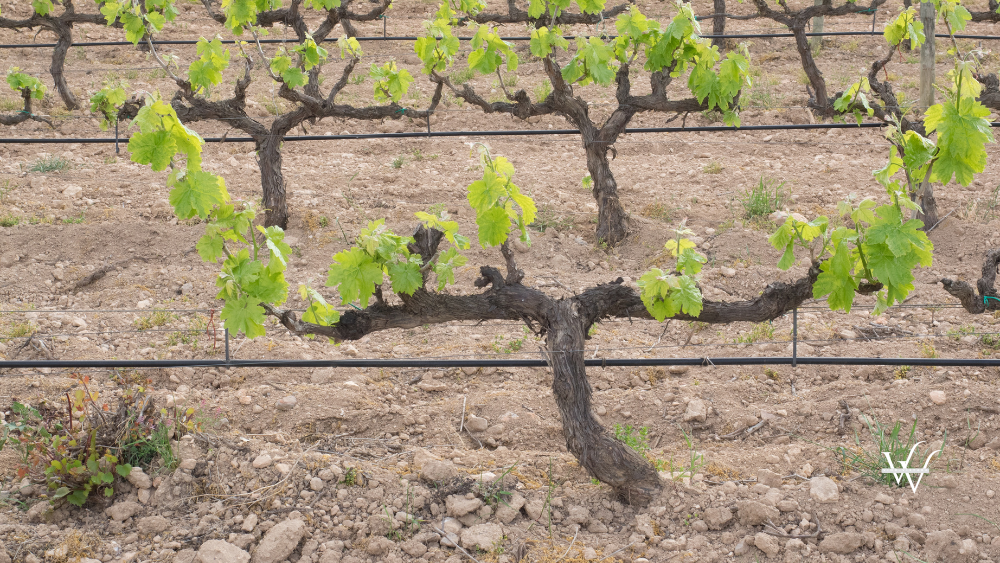The Penedès region, renowned for its viticulture and contributions to the wine industry, faces an unprecedented crisis due to an extreme drought that threatens its very existence.
This dire situation has prompted a unified outcry from the wine community, urging immediate intervention from the Department of Climate Action, Food, and Rural Agenda of the Generalitat of Catalonia.
The Call for Immediate Measures
At the heart of the appeal is a critical demand for the urgent implementation of a minimum irrigation support of 1,500 m³ per hectare for the Penedès Designation of Origin territory. This measure is deemed essential to sustain the economic viability of a region historically reliant on dry-land viticulture. The initiative not only seeks to ensure short-term vineyard survival but also advocates for a comprehensive approach encompassing technical, infrastructural, governance, socioeconomic, and sustainability dimensions.
Context of the Crisis
The severity of the crisis is exacerbated by Spain's overarching drought conditions, which disproportionately impact the Penedès region. Here, viticulture is not merely an economic activity but an integral part of the cultural and social fabric, defining the region's identity. As one of the least water-intensive crops, vineyards play a pivotal role in the local economy, contributing significantly through the production of wines and sparkling wines.
Economic and Social Impact
The Catalan wine sector, with over 750 bottling wineries and 8,500 winegrowers, generates an annual business volume of EUR 1,185 million. In Penedès alone, more than 4,500 winegrowers and 4,000 winery workers depend directly on viticulture, supporting numerous indirect jobs. The current predicament has pushed many vineyards below sustainability thresholds, underscoring the urgency for swift and sustainable solutions.
Comprehensive Proposal to the Generalitat
The petition to the Generalitat outlines not just the immediate need for irrigation support but also advocates for the adaptation of existing and future infrastructure. This includes repurposing the future desalination plant in Cubelles and exploring alternative water sources like purified or regenerated water suitable for agricultural use. Emphasis is placed on executing these plans by mid-2024 and developing a contingency strategy to safeguard viticulture during the transition period.
Collaborative Approach
The wine sector's proactive involvement is pivotal in shaping effective and sustainable solutions. Collaboration with authorities to prepare necessary studies and leverage industry expertise is crucial for implementing irrigation systems that are both effective and environmentally sound.
Facing Climate Change
The crisis in Penedès underscores the vulnerability of viticulture to climate change and highlights the necessity of preemptive measures to ensure long-term sustainability. The response to this crisis not only determines the future of viticulture in Penedès but also sets a precedent for other wine regions globally grappling with similar challenges.
Conclusion
As stakeholders rally for urgent action to mitigate the impact of drought on Penedès vineyards, the outcome of these efforts will reverberate beyond Catalonia, influencing approaches to sustainability in viticulture worldwide. The collaborative spirit between the wine community and governmental bodies signals a commitment to preserving this vital cultural and economic asset amidst evolving climatic pressures.
Source: Vinetur

